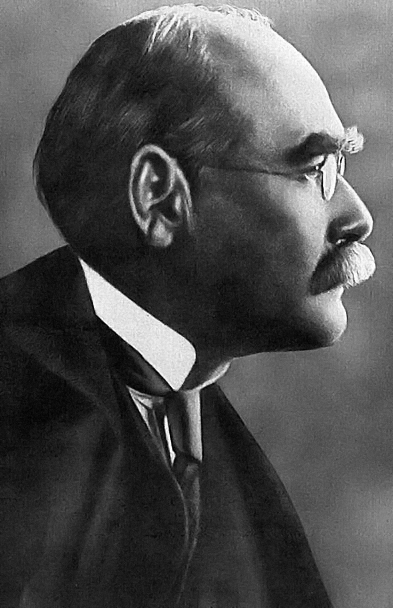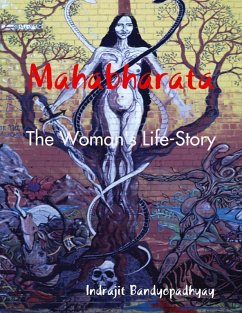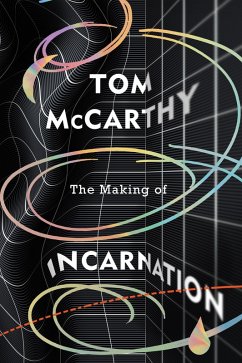
The Incarnation of Krishna Mulvaney (eBook, ePUB)
Enriched edition. Exploring the Dualities of Empire and Identity in Colonial India
Kommentar: Everly, Desmond / Redaktion: Good Press
Sofort per Download lieferbar
1,99 €
inkl. MwSt.
Weitere Ausgaben:

PAYBACK Punkte
0 °P sammeln!
In "The Incarnation of Krishna Mulvaney," Rudyard Kipling intricately blends themes of colonization, cultural identity, and personal transformation. Set against the backdrop of British-occupied India, the novella unfolds through the eyes of the titular character, a multi-faceted half-Indian, half-British man whose dual heritage embodies the complexities of imperial identity. Kipling's narrative style is rich in dialogue and vivid imagery, imbuing the text with an authentic sense of place and cultural conflict while simultaneously showcasing his characteristic wit and humor. This work is situat...
In "The Incarnation of Krishna Mulvaney," Rudyard Kipling intricately blends themes of colonization, cultural identity, and personal transformation. Set against the backdrop of British-occupied India, the novella unfolds through the eyes of the titular character, a multi-faceted half-Indian, half-British man whose dual heritage embodies the complexities of imperial identity. Kipling's narrative style is rich in dialogue and vivid imagery, imbuing the text with an authentic sense of place and cultural conflict while simultaneously showcasing his characteristic wit and humor. This work is situated within Kipling's broader oeuvre, which often grapples with the tensions of imperialism and the often-symbiotic relationship between colonizers and the colonized. Rudyard Kipling, a British author born in India, experienced the challenges of cultural duality firsthand. His upbringing informed his perspective on both the British and Indian cultures, leading to a unique voice that straddles both worlds. Kipling's nuanced understanding of the complexities of identity and colonialism is deeply embedded in his literary productions, and "The Incarnation of Krishna Mulvaney" serves as a prime example of his exploration of these themes. This novella is an essential read for those interested in postcolonial studies, as it provides a lens through which to examine the intricate dynamics of identity within the colonial context. Kipling's compelling narrative encourages readers to reflect on the experiences of marginalized voices, making this work both a significant literary achievement and a profound social commentary. In this enriched edition, we have carefully created added value for your reading experience: - A succinct Introduction situates the work's timeless appeal and themes. - The Synopsis outlines the central plot, highlighting key developments without spoiling critical twists. - A detailed Historical Context immerses you in the era's events and influences that shaped the writing. - An Author Biography reveals milestones in the author's life, illuminating the personal insights behind the text. - A thorough Analysis dissects symbols, motifs, and character arcs to unearth underlying meanings. - Reflection questions prompt you to engage personally with the work's messages, connecting them to modern life. - Hand-picked Memorable Quotes shine a spotlight on moments of literary brilliance. - Interactive footnotes clarify unusual references, historical allusions, and archaic phrases for an effortless, more informed read.
Dieser Download kann aus rechtlichen Gründen nur mit Rechnungsadresse in A, B, BG, CY, CZ, D, DK, EW, E, FIN, F, GR, H, IRL, I, LT, L, LR, M, NL, PL, P, R, S, SLO, SK ausgeliefert werden.













